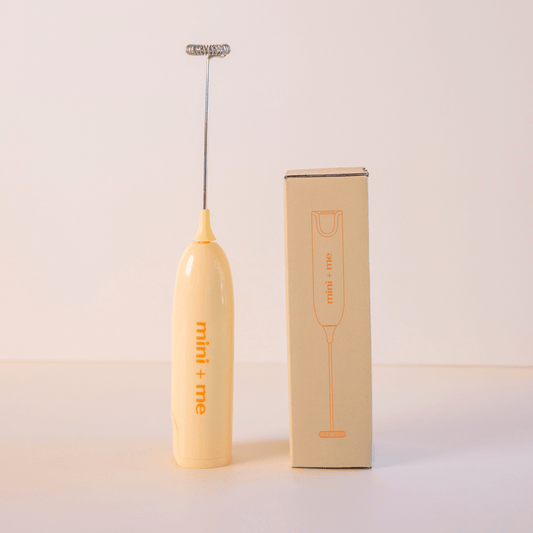Why Pregnancy and Infant Loss Awareness Matters
Pregnancy and infant loss is sadly more common than many realise. Each year in Australia, thousands of families experience miscarriage, stillbirth, or infant loss. Yet these losses often remain unspoken, leaving parents to grieve quietly while the world moves on.
Every loss, no matter how early or how far along, marks the end of a deeply personal story. Grief after pregnancy or infant loss isn’t only emotional; it’s physical, hormonal, and profoundly human. Recognising this helps us show up with genuine empathy rather than fear or discomfort.
The Power of Presence
When someone experiences loss, it’s natural to want to say the right thing. But often, it’s not words that matter most - it’s your presence. Sitting quietly, listening, or simply checking in with a text that says “I’m thinking of you” can mean far more than any advice or attempt to make it better.
Avoid rushing in to fix, explain, or find a silver lining. Grief needs time and space to be felt. Your calm, non-judgemental presence helps create that space.
What to Say (and What Not to Say)
Words have weight and grief can show up in some of the most unexpected places.
Helpful things to say:
• “I’m so sorry for your loss.”
• “I’m so sorry. I know how deeply they were loved.”
• “I’m here whenever you want to talk - or if you just want quiet company.”
• "You don’t have to say anything. I just want you to know I’m holding space for you."
Phrases to avoid:
• “At least you know you can get pregnant.”
• “Everything happens for a reason.”
• “It wasn’t meant to be.”
• “You can always try again.”
While usually well-intentioned, these phrases can feel dismissive. Instead, focus on acknowledging the depth of the loss and allowing parents to lead the conversation.
How to Offer Practical Help
Grief is exhausting, and everyday tasks can feel impossible. Instead of saying “Let me know if you need anything,” offer specific, tangible help:
• Drop off a meal or arrange a meal train with friends. There are free apps available to assist organising meal trains such as Nourishin and Gather My Crew.
• Offer to walk the dog, collect groceries, or care for older children.
• Send a simple text on significant days: “Thinking of you today.”
• Ask gently before visiting - some days they may want company, others privacy.
Practical support often speaks louder than words and shows ongoing care even when the initial flurry of condolences fades.
For Partners
Partners grieve too, often quietly while trying to be the strong one. Their grief might look different - less visible, more task-focused - but it’s no less real. Encourage open communication, even if it’s imperfect. Sometimes the most healing thing partners can do is admit, “I don’t know what to say, but I’m here.”
Partners may also need their own support network. Counselling, men’s support groups, or connecting with others who’ve experienced loss can help them process their emotions in a safe space.
Supporting Long-Term Healing
Grief after pregnancy or infant loss doesn’t follow a straight line. It may soften with time, but it doesn’t disappear. Long after gifts and messages have slowed, the simple gestures of remembrance can mean everything.
• Remember birthdays, due dates, and anniversaries.
• Use the baby’s name if one was given.
• Light a candle or send a small message on meaningful dates.
• Encourage gentle rituals - planting a tree, writing a letter, or creating a keepsake box.
Healing is not about forgetting but finding ways to carry the love forward.
When to Encourage Professional Support
If you notice signs that someone’s grief feels overwhelming - persistent sadness, withdrawal, trouble sleeping or eating, or thoughts of hopelessness - gently suggest extra support.
You might say:
“You’ve been through so much. It could really help to talk with someone who understands this kind of loss.”
Encourage connection with a GP, counsellor, psychologist, or specialist grief service. Early support can make an enormous difference.
Trusted Australian Resources
If you or someone you love has experienced pregnancy or infant loss, these services offer expert, compassionate support:
• Red Nose Grief and Loss: https://rednosegriefandloss.org.au
• Sands Australia: https://www.sands.org.au
• The Pink Elephants Support Network: https://pinkelephants.org.au
• Bears of Hope: https://www.bearsofhope.org.au
• PANDA (Perinatal Anxiety & Depression Australia): https://www.panda.org.au
Cart is Empty
Your Cart is Empty
- Choosing a selection results in a full page refresh.
- Opens in a new window.










